Humans
Sign up for our newsletter
We summarize the week's scientific breakthroughs every Thursday.
-
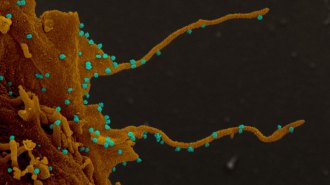 Health & Medicine
Health & MedicineCoronavirus-infected cells sprout filaments that may spread the virus
Like other coronaviruses, the virus behind COVID-19 causes infected cells to grow spindly projections that may act as highways to other cells.
By Jack J. Lee -
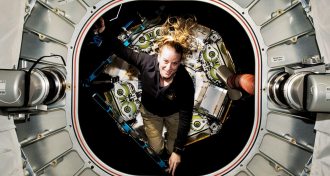 Space
SpaceWhat will astronauts need to survive the dangerous journey to Mars?
Going to Mars, astronauts will need protections from microgravity and radiation, plus miniature medical devices to diagnose problems and help handle emergencies.
-
 Humans
HumansCompetitive hot dog eaters may be nearing humans’ max eating speed
Just how many hot dogs can one human eat in 10 minutes? New research suggests the answer is 83.
-
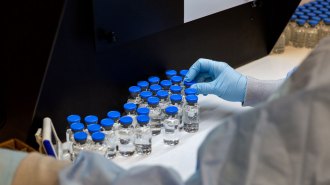 Health & Medicine
Health & MedicineRemdesivir may work even better against COVID-19 than we thought
Gilead Sciences says remdesivir cuts the chances of dying from the coronavirus, and data show the drug can curb the virus’s growth in cells and mice.
-
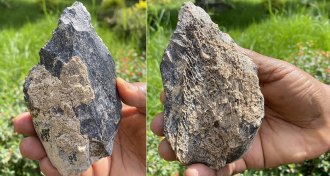 Archaeology
ArchaeologyThis 1.4-million-year-old hand ax adds to Homo erectus’ known toolkit
A newly described East African find, among the oldest bone tools found, shows the ancient hominids crafted a range of simple and more complex tools.
By Bruce Bower -
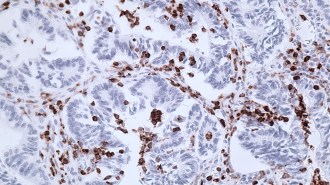 Health & Medicine
Health & MedicineThese cells slow an immune response. Derailing them could help fight tumors
Immune therapies don’t work for a lot of cancer patients. Some researchers are enhancing these treatments with drugs that stymie suppressor cells.
-
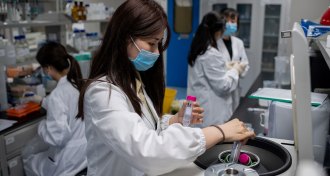 Health & Medicine
Health & MedicineA COVID-19 vaccine may come soon. Will the blistering pace backfire?
Speed is essential, but not at the expense of safety and efficacy, experts warn. Sacrificing either could damage public trust.
-
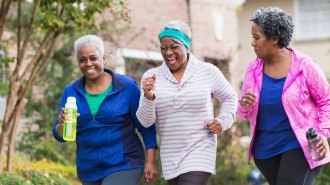 Neuroscience
NeuroscienceBoosting a liver protein may mimic the brain benefits of exercise
Finding that liver-made proteins influence the brain may advance the quest for an “exercise pill” that can deliver the benefits of physical activity.
-
 Science & Society
Science & SocietyThere’s little evidence showing which police reforms work
When stories of police violence against civilians capture public attention, reforms follow despite a dearth of hard data quantifying their impact.
By Sujata Gupta -
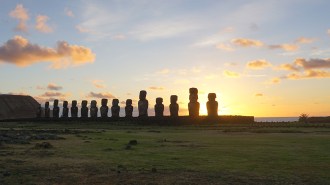 Genetics
GeneticsSouth Americans may have traveled to Polynesia 800 years ago
DNA analyses suggest that Indigenous people from South America had a role in the early peopling of Polynesia.
By Bruce Bower -
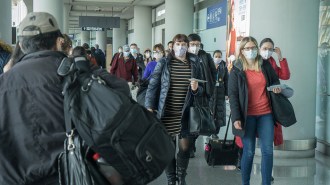 Health & Medicine
Health & MedicineWhat you need to know about the airborne transmission of COVID-19
More than 200 experts have implored the World Health Organization to acknowledge that the coronavirus can spread through the air.
-
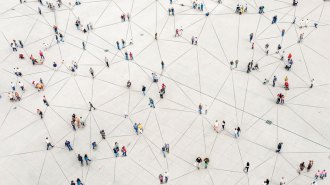 Science & Society
Science & SocietyAll kinds of outbreaks, from COVID-19 to violence, share the same principles
Adam Kucharski talks about his new book ‘The Rules of Contagion,’ a timely read during the coronavirus pandemic.